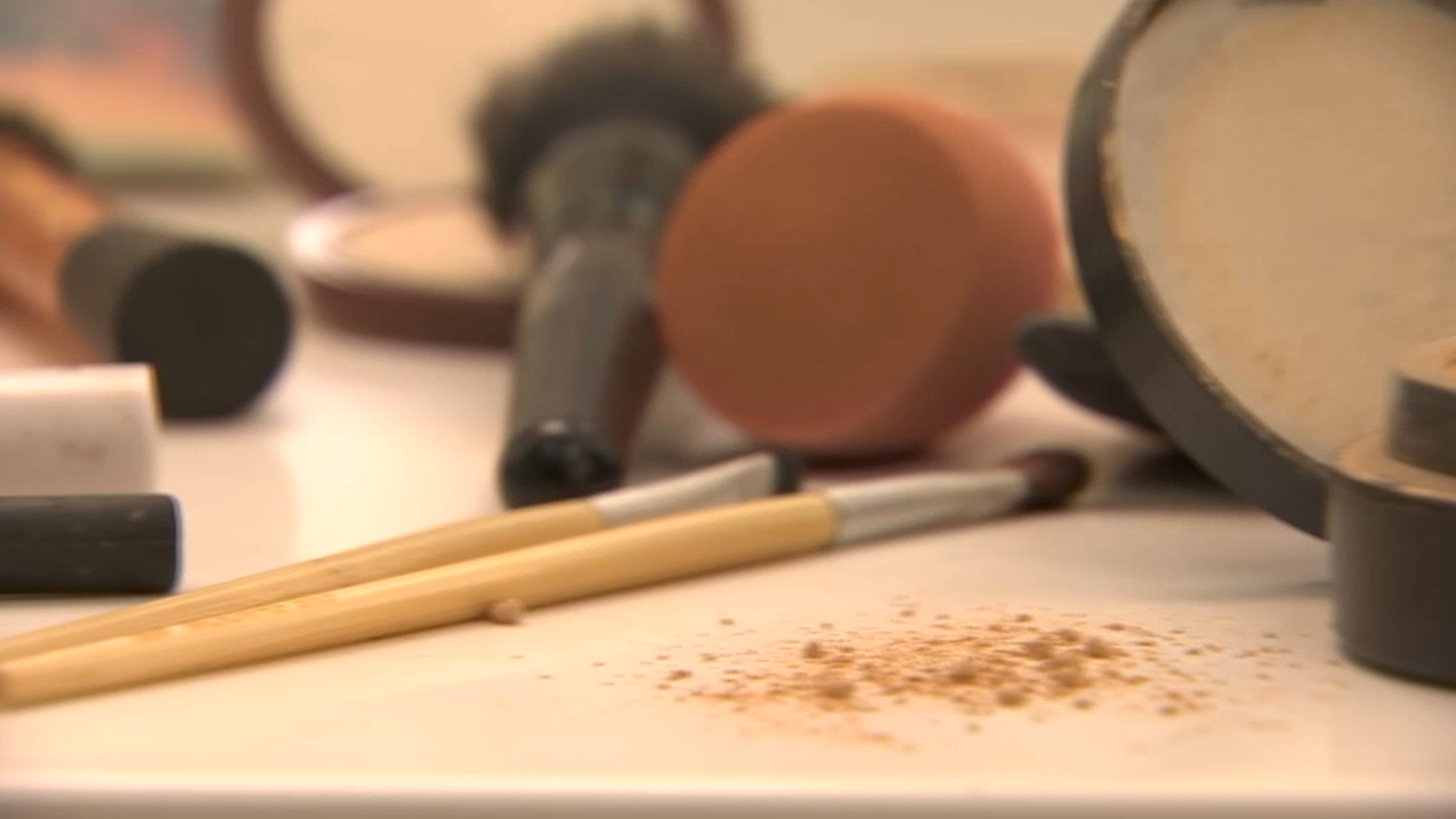When it comes to getting a tattoo, preparation is key. From finding the artist to disinfecting the work area. But do you know what’s in the ink being injected under your skin?
A recent study from Binghamton University in New York analyzed 54 tattoo inks from nine major manufacturers. It found in most cases, the ingredient labels didn’t match the substances in the bottles.
“Forty-five out of the 54 there were major discrepancies where either the listed pigments were incorrect and there were other pigments in the bottle that weren't listed, or there were things added that weren't listed on the bottle,” said John Swierk, assistant professor of chemistry at Binghamton University. He is one of the authors of the study that appeared in the medical journal Analytical Chemistry.
NBC 5 Responds reached out to the Food and Drug Administration to discuss the study. The FDA says it hasn’t approved any ink for skin injection. It says cosmetic products and ingredients don’t need approval from the FDA, but there is an exception for color additives used in tattoo ink.
According to the study: because the FDA doesn’t regulate tattoo ink, it can’t issue recalls. New work happening in Washington, D.C., called the Modernization of Cosmetics Regulation Act, would expand the FDA’s reach. However, the author of the study told NBC Chicago there are issues with implementation.
The FDA does require ink manufacturers to label ingredients and any warning. However, researchers said, this information is typically not shared with tattoo clients.
So what did researchers find in the inks they tested?
According to Swierk, “We found a compound called propylene glycol in fifteen of the inks. And while this is not particularly toxic, it is a really known significant allergen.” He told NBC 5 Responds researchers also found contaminants such as an antibiotic commonly used to treat urinary tract infections, as well as 2-phenoxyethanol, a preservative that may pose potential health risks to nursing infants. It’s unknown what concentration amount of the preservative may be harmful.
The research couldn’t determine whether unlisted ingredients were added intentionally or if the manufacturer received improperly labeled or contaminated materials.
NBC 5 Responds met with Don Fritz while he sat for a tattoo in at a Chicago studio.
Feeling out of the loop? We'll catch you up on the Chicago news you need to know. Sign up for the weekly> Chicago Catch-Up newsletter.
“I never actually thought what was in the ink, I just thought that it is safe,” said Fritz.
Tattoo Industry Reaction
NBC Chicago spoke with tattoo artist Alejandro Candia about the study. He believes the findings could scare some of his customers.
“When it becomes public information people make their speculations, they may demonize the fact that the ink you are using does not have that quality control, or you do not have the security to tell the customer what is being offered," he said.
NBC 5 Responds also spoke with the Alliance of Professional Tattooists about the study.
Speaking of the findings, association member Selina Medina said, “that may pose a potential consequence or problem for somebody seeking a tattoo."
"At the association, when we reviewed the study that was a concern for us and we wanted to make sure to help support our community and encourage tattoo artists to pay attention to labeling of the tattooing," Medina said.
Both the study’s authors and tattoo artists hope the findings will result in positive changes for industry regulations.
“Not only do the tattoo artists and the clients rely on the transparency of information, but we grow stronger together as an associate even and as an industry,” Medina said.
NBC 5 Responds reached out to the nine tattoo ink manufacturers whose products were analyzed during the study. We did not hear back from any of them.



